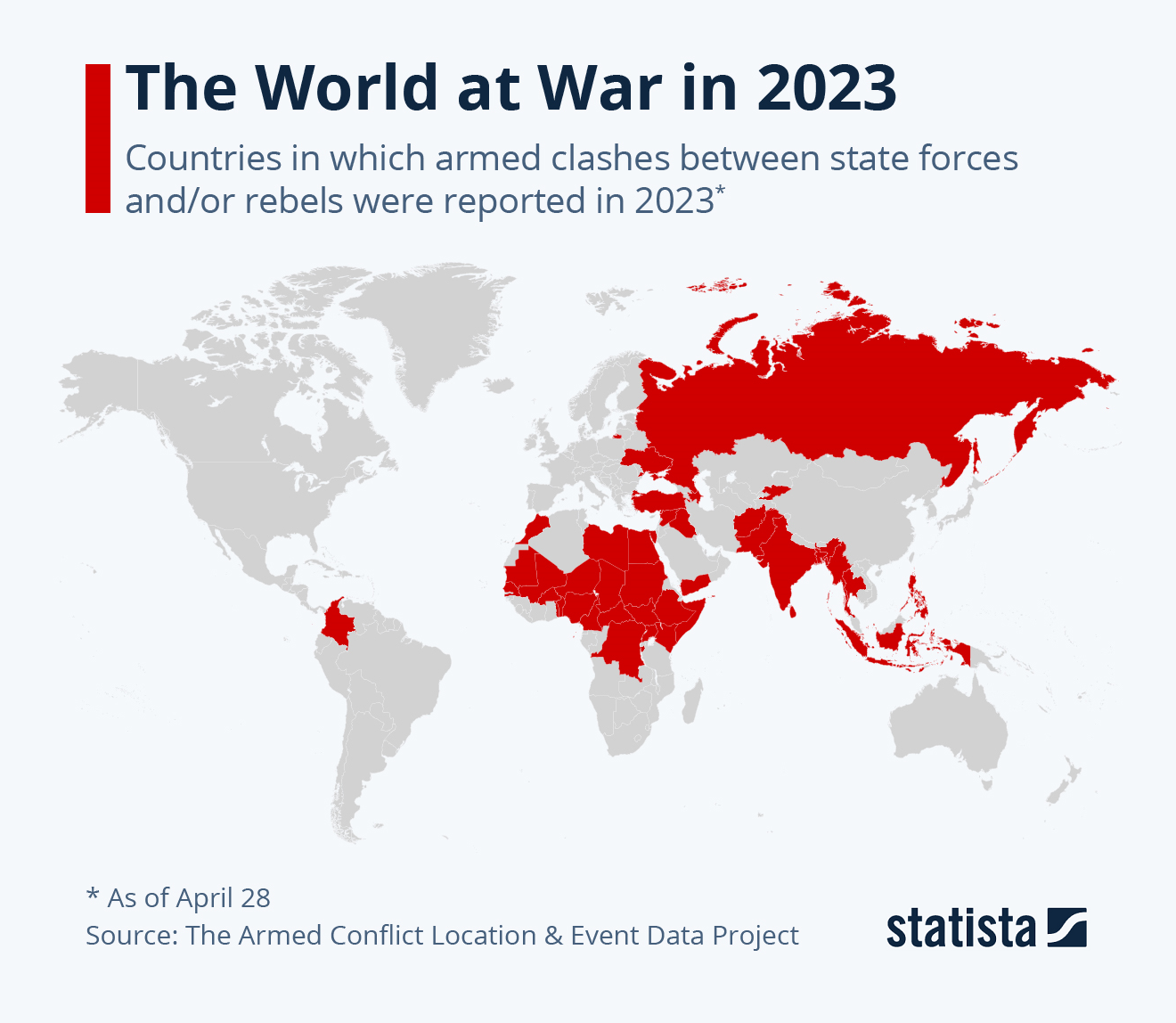In the complex tapestry of international relations and conflict resolution, the decision to employ military strikes in response to aggression by militant groups represents a critical juncture. This is especially true when considering scenarios involving hostages held by organizations such as Hamas. The calculus of retaliation versus negotiation becomes significantly more intricate when lives hang in the balance, not merely as abstract geopolitical pawns but as individuals whose fates can sway public opinion and policy direction.
The recent trend towards favoring direct military action in response to attacks, including those resulting in the tragic loss of U.S soldiers, underscores a broader shift within international diplomacy. This approach often garners immediate public support for its projection of strength and decisiveness. However, it’s imperative to scrutinize this strategy through a lens that accounts for both its immediate impact and its ripples through the delicate ecosystem of global politics.
Critiques emerging from diplomatic circles and press briefings suggest an overt focus on retaliatory measures over nuanced negotiation strategies aimed at ensuring hostage safety. Such critiques are not mere contrarian positions but raise fundamental questions about the efficacy and ethics of our responses to acts of aggression.
Firstly, one must consider how military strikes affect the dynamics within these militant organizations. Conventional wisdom might suggest that displays of military might would deter further aggression or weaken an adversary’s resolve. Yet, evidence from various conflicts suggests that militarized responses can often bolster recruitment for these groups by providing a rallying cry against perceived injustices.
Furthermore, when hostages are involved, the calculus becomes exponentially more complicated. Military strikes carry inherent risks to civilian lives, including those of hostages whose welfare becomes precariously tied to the whims of their captors reacting under duress or seeking retribution.
This brings us to another critical aspect: the psychological impact on both hostages and their families back home. Knowing that rescue efforts could potentially escalate into violence adds layers of trauma and uncertainty for all parties involved.
Diplomatic engagements offer an alternative path that prioritizes human life above all else—a principle ostensibly at heart but often sidelined in practice due to political pressures or nationalistic fervor. Diplomacy’s quiet work seldom garners headlines akin to dramatic military interventions but embodies a commitment to resolving crises with minimal loss of life.
Critics advocating for diplomatic solutions emphasize this point: negotiations may be painstakingly slow and fraught with setbacks; however, they reflect a dedication to preserving life while navigating complex geopolitical landscapes.
In conclusion, while direct retaliation against attacks presents itself as a straightforward solution epitomizing strength and resolve, it is essential we critically evaluate its implications—especially concerning hostage situations where stakes extend far beyond geopolitical maneuvering into profoundly personal realms.
The challenge lies not only in choosing between force or dialogue but also in cultivating an environment where nuanced understanding guides actions—a realm where empathy informs strategy.
As we move forward amidst ever-evolving global tensions,
a recalibration toward comprehensive strategies emphasizing long-term stability over short-term gains appears indispensable.
A genuine commitment
to such approaches may ultimately pave
the way toward sustainable peace,
underscoring our shared humanity amid divergent ideologies.

Leave a Reply